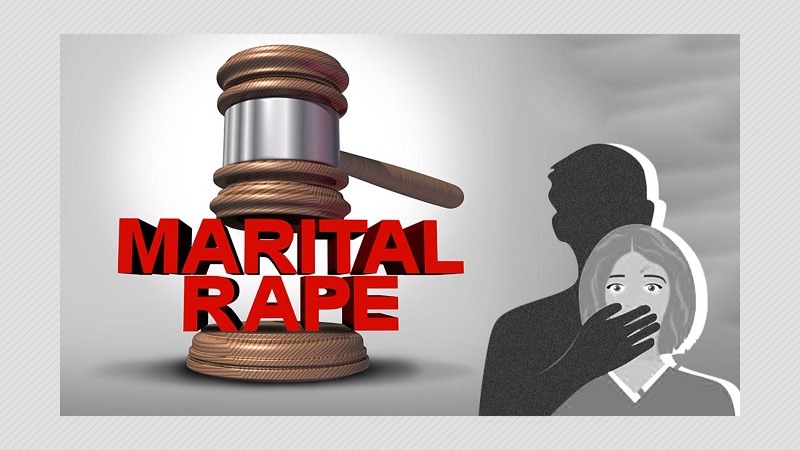The article examines the “Marital Rape Exception” (MRE) in Indian law, which states that sex between a husband and wife (when the wife is over 18) is not considered rape, even if it happens without consent. Currently being challenged in the Supreme Court, the government’s defence argues that marriage creates an expectation of sexual access and that recognizing marital rape as a crime could weaken the institution of marriage. The article critiques these arguments, questioning their validity and the implications for individual rights and legal protections.
First, the government argues that marriage creates an “expectation” that a husband can have sexual access to his wife. They say this is different from relationships where people are not married. Based on this, they believe it’s okay for the law to treat rape within marriage differently from rape outside of marriage. However, the article questions this argument, asking who decides what “reasonable sexual access” means and why this should only apply in marriage.
Next, the government says that recognizing marital rape as a crime could harm the “institution of marriage” and lead to false accusations. They fear that many husbands might be wrongly accused of rape by their wives. But the article points out that no evidence making marital rape a crime would weaken marriages. It also says that false accusations can happen in any crime, but the real issue is that many rape cases go unreported.
The government also claims that marital rape is a “social issue,” not a legal one, meaning that it’s something for society to deal with, not the courts. But the article disagrees, saying that the law already plays a role in many areas of life, so it’s hard to separate social issues from legal ones. The courts are being asked to check if this law goes against people’s basic rights, like equality and dignity.
Finally, the government argues that it’s up to lawmakers, not judges, to decide whether marital rape should be a crime. However, the article explains that the court is only being asked to decide if the current law is unfair or unconstitutional. If the law violates people’s rights, the court can remove it.
In summary, the article believes the government’s reasons for defending the marital rape exception are weak and do not justify keeping the law as it is.
.
.
.
.join our telegram channel for regular updates of The Hindu Epaper Editorial Explanation-https://t.me/Thehindueditorialexplanation
The Hindu Epaper Editorial Explanation given by Hello Student is only a supplementary reading to the original article to make things easier for the students.
In conclusion, preparing for exams in India can be a daunting task, but with the right strategies and resources, success is within reach. Remember, consistent study habits, effective time management, and a positive mindset are key to overcoming any academic challenge. Utilize the tips and techniques shared in this post to enhance your preparation and boost your confidence. Stay focused, stay motivated, and don’t forget to take care of your well-being. With dedication and perseverance, you can achieve your academic goals and pave the way for a bright future. Good luck!
The Editorial Page of The Hindu is an essential reading for all the students aspiring for UPSC, SSC, PCS, Judiciary etc or any other competitive government exams.
This may also be useful for exams like CUET UG and CUET PG, GATE, GMAT, GRE AND CAT
To read this article in Hindi –https://bhaarat.hellostudent.co.in/

